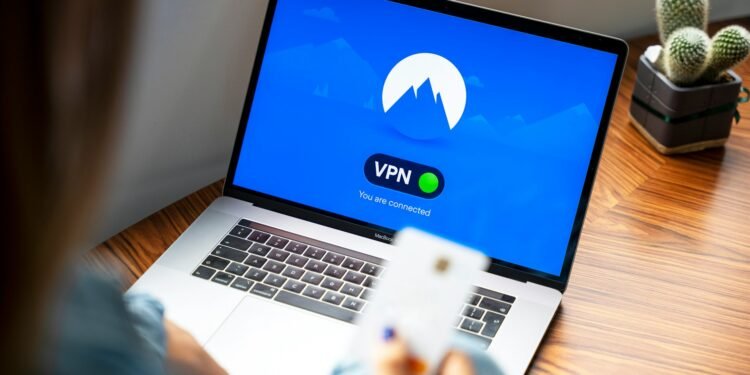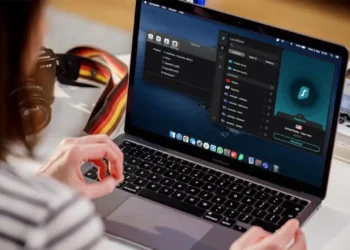Using a VPN on a Mac has become a topic of considerable interest and importance as more users seek to enhance their online privacy and security.
Virtual Private Networks (VPNs) offer a private and secure way to connect to the internet, encrypting all data to and from a device, thus providing a shield against cybercriminals and enhancing user privacy. This is particularly vital when accessing the web on public Wi-Fi networks, where risks of data theft are significantly higher.
While Macs are renowned for their built-in security features, they are not immune to all cyber threats.
The use of VPNs on Macs is supported, enabling users to enjoy the benefits of encrypted internet traffic and concealed IP addresses without compatibility issues. However, choosing a reliable VPN service is crucial, as not all VPNs offer the same level of security and privacy. Paid services from reputable companies are generally safer and more reliable, ensuring that Mac users can navigate the internet securely and with peace of mind.
The Role of VPNs in Cybersecurity

VPNs create a secure, encrypted tunnel for your internet traffic, ensuring that your data remains private and shielded from potential cyber threats. According to insights from McAfee, a VPN not only encrypts all network traffic to and from your device but also conceals your IP address, significantly enhancing your online anonymity. Despite macOS being renowned for its security, vulnerabilities still exist, leaving room for VPNs to bolster the system’s defenses against cybercriminals.
Choosing the Right VPN Service
The safety and effectiveness of using a VPN on a Mac hinge on the VPN service provider chosen. Macworld cautions that not all VPNs provide the same level of security. Paid, reputable VPN services are generally more trustworthy and secure than free alternatives, which might compromise privacy by logging data or injecting ads. Users must exercise diligence in selecting a VPN service that upholds strict privacy policies and boasts a strong track record of security.
Legal Considerations and Performance Impacts
The use of VPNs raises questions about legality, especially when accessing geo-restricted content. While using a VPN is legal in most jurisdictions, circumventing content restrictions may breach service terms. Users must navigate this gray area responsibly, balancing their desire for content access with respect for service agreements.
Performance-wise, VPNs can affect internet speeds and battery life due to the encryption process and data routing. These potential drawbacks necessitate a careful evaluation of the VPN’s impact on device performance, with users opting for providers that offer fast, reliable connections without significantly draining battery life.
Conclusion: Navigating the VPN Landscape on Mac
Incorporating a VPN into the macOS ecosystem offers tangible benefits in terms of privacy and security, acting as a critical line of defense in an increasingly precarious digital world. However, the efficacy of this protective measure is contingent upon selecting a credible VPN provider committed to user privacy. As cyber threats evolve, the strategic use of VPNs on Macs emerges as a prudent approach to securing one’s digital footprint, balancing performance considerations with the overarching goal of safeguarding online privacy.







